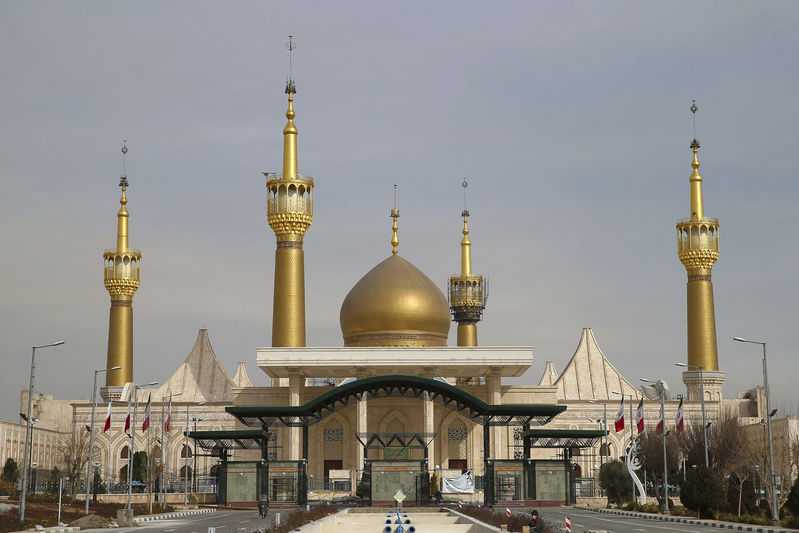Trump’s threats draw Iran cultural sites into tensions
08 January, 2020

Iran’s ancient and rich cultural landscape has become a potential U.S. military target as Washington and Tehran lob threats and take high-stakes steps toward a possible open conflict.
U.S. President Donald Trump tweeted Saturday evening that if Iran attacks any American assets to avenge the killing of a top Iranian general, the United States has 52 targets across the Islamic Republic that “WILL BE HIT VERY FAST AND VERY HARD.”
Some are “important to Iran & Iranian culture,” Trump wrote on Twitter. That vague comment drew immediate anger across Iran.
“I’m not sure when he says cultural sites, does he for example mean our Persepolis?” said Mehrdad Khadir, a cultural and political analyst in Tehran, referring to the ancient ruins invaded by the Greeks in 330 BC. “Does he want to be seen as the new Alexander [the Great] by Iranians?”
If the United States were to directly bomb Iran, it could spark a war and lead to region-wide violence, potentially drawing other countries into a global conflict.
Iran’s earliest traces of human history reach as far back as 100,000 B.C. Its historic monuments preserve the legacy of a civilization that has kept its Persian identity throughout the tides of foreign conquests, weaving in influences from Turkic, South Asian and Arab cultures, and the footprints of Alexander the Great and later Islam.
“Through MILLENNIA of history, barbarians have come and ravaged our cities, razed our monuments and burnt our libraries,” Iranian Foreign Minister Mohammed Javad Zarif tweeted in response Sunday. “Where are they now? We’re still here, & standing tall.”
Trump’s threat also raised questions about the legality of such an attack on heritage of global importance. Targeting cultural sites is a war crime under the 1954 Hague Convention for the protection of cultural sites. The United Nations Security Council also passed unanimously a resolution in 2017 condemning the destruction of heritage sites. Attacks by the Islamic State group and other armed factions in Syria and Iraq prompted that vote.
“I’m really sorry that we are living in a world where the president of the biggest so-called superpower still doesn’t know that attacking cultural sites is a war crime,” Iranian Foreign Ministry spokesman Abbas Mousavi told journalists in Tehran.
Source: the-japan-news.com
